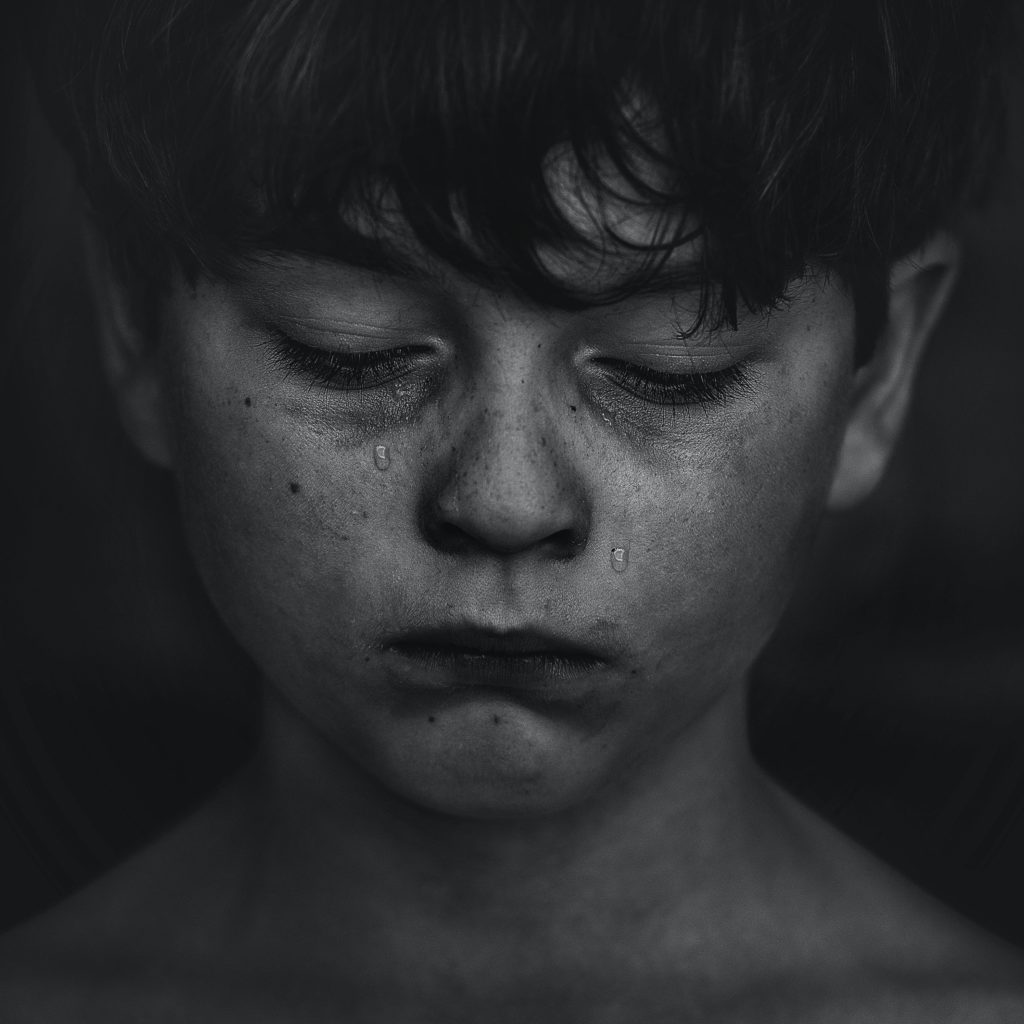The Dutch government intends to approve euthanasia for children under 12
We come face to face with the greatest and most regressive failure of medicine

In the Netherlands, Health Minister Ernst Kuipers wants to approve the administration of euthanasia to children aged between 1 and 12 years old who suffer from a terminal illness, through a legal reform.
He has communicated that his intention is to extend the Groningen Protocol, approved in 2005, to include children under 12 years.
It is very likely that the initiative will find the support of a parliamentary majority. Currently, euthanasia in the Netherlands is only allowed for children over the age of 12 who are suffering “unbearably and desperately” and for children under one with the consent of their parents.
The proposed protocol contains seven criteria:
- The doctor must be convinced, on the basis of «prevailing medical knowledge», that the child is suffering unbearably and without any possible hope.
- The opinion of an independent expert will be necessary.
- The doctor must be convinced that euthanasia is «the only possible option to relieve suffering».
- He will have to share the diagnosis «in its entirety» with the parents, but also talk about it with the child «in a way adapted to his level of understanding».
- Both parents must give their consent.
- The doctor must ensure that the child is not euthanized «against his will».
- Finally, euthanasia must be carried out with «medical care».
Bioethical assessment
The new Dutch proposal to further extend the application of euthanasia to children under 12 confirms the “slippery slope” experienced by countries with a longer track record of legally ending the lives of their patients.
Although the proposal shows the most sinister side of euthanasia, unacceptable in any case from the respect for dignity and human rights, three particularly worrying aspects should be highlighted.
The first of these is to propose ending the lives of totally immature patients, therefore, unable to make such transcendental decisions and who cannot properly evaluate them in any way, nor assume their consequences. This is an example of the hypertrophy of the principle of autonomy that is intended to extend to the making of harmful and irreversible decisions by people who are not capable of making a free choice.
The second is the current extension of involuntary euthanasia, that is, homicide or better, murder, in the case of parents who decide to end the life of their child under 1 year. Now it can also be done at any age. The existence of involuntary euthanasia, true murders, is already known in the Netherlands and Belgium and has been applied to the elderly for some years, as shown by several studies.
Finally, the advancement of palliative medicine, which consists of applying medical care to the incurably suffering patient, avoids resorting to euthanasia as a means of alleviating the suffering of patients.
The use of “unbearable suffering” as an argument frequently used by advocates of ending the life of patients to justify euthanasia is an intolerable manipulation, because the implementation of quality palliative care, also in children, makes it possible to control the so-called “refractory symptoms” or those that are difficult to control by conventional means.
We come face to face with the greatest and most regressive failure of medicine, culture and the defense of human rights in caring for the most destitute and needy. A civilization that ends with them, its weakest members, only shows worrying signs of decline.
Julio Tudela
Bioethics Observatory – Institute of Life Sciences
Catholic University of Valencia
Related

Summer with the Family: Challenge or Gift?
Mar Dorrio
04 July, 2025
2 min

Summer is here…
Rosa Montenegro
03 July, 2025
4 min

Mercy in the Face of the Father: The Return of the Prodigal Son
Javier Ferrer García
02 July, 2025
3 min

Educating in the Faith: The Mission of Parents, Not the State
Laetare
02 July, 2025
3 min
 (EN)
(EN)
 (ES)
(ES)
 (IT)
(IT)

